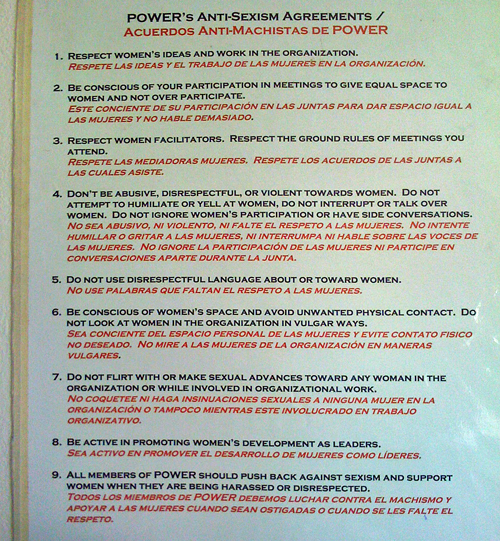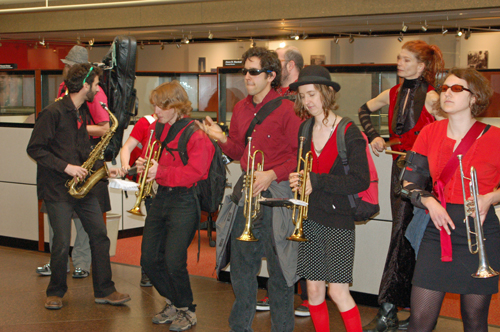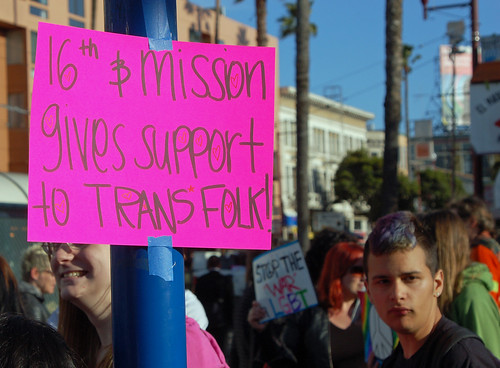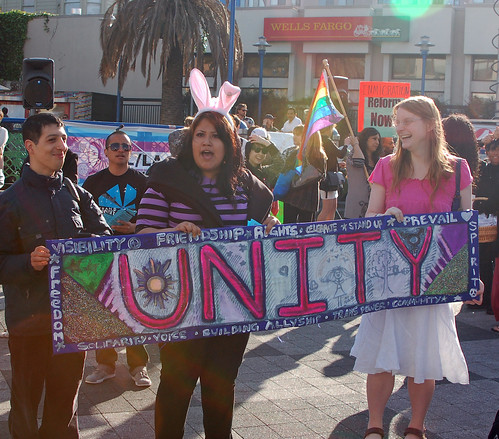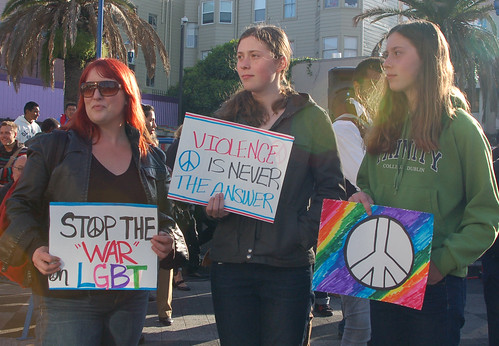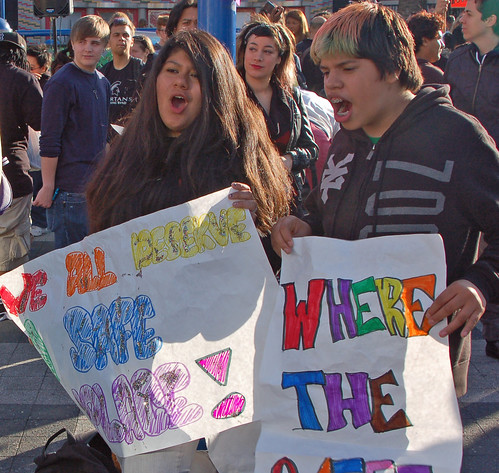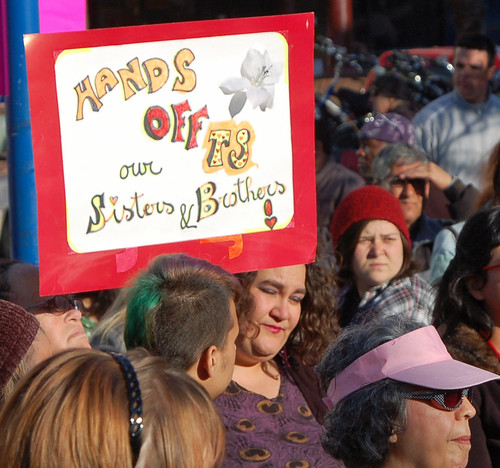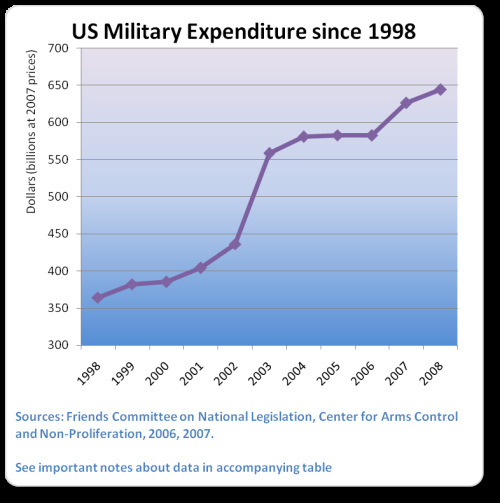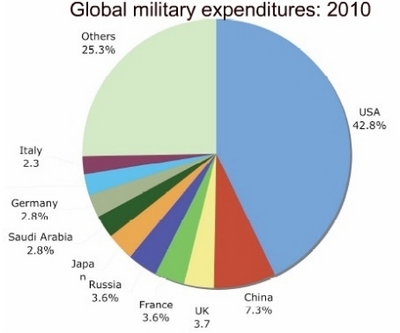What happens when capitalism's winners, the owners and founders of industry and commerce, desert a city?
Harold Meyerson, formerly of the
LA Weekly and now a columnist at the Washington Post, also wears the title "editor-at-large" at the
The American Prospect. At that last publication, he currently has
an insightful story about the decay of the Los Angeles Dodgers and the Los Angeles Times. These are the city's signature institutions; they are both also being destroyed by incompetent management by outsiders who bought them up and have stripped them of the quality that made them so important to the city.
Those businesses...were key to the rise of the modern Los Angeles, helping cement its role as the dominant city of the Sunbelt as the nation expanded west and south after the end of World War II. Under O'Malley, the Dodgers became (along with the Yankees) the most successful franchise in professional sports. ...A similar combination of mass and class also characterized the Times once Otis Chandler took control. The paper, which had previously been the leading promoter of both local real estate and local Republicans (and I mean in its news stories, not just its editorials), dropped its partisanship and parochialism, established bureaus with talented reporters across the country and the world, and hired critics and columnists as good as any in the country.
Los Angeles in the years of O'Malley and Otis the Good was a city moving unevenly into modernity. ...They were elements of a city that had gained a certain sophistication and tolerance, major players in a civic elite that prided itself on the city's betterment as well as -- and linked to -- its own self-interest.
It was not to last. Most of the major corporations that had been headquartered in Los Angeles -- the banks, the aerospace conglomerates, the movie studios -- sold themselves to larger companies headquartered elsewhere.
The new owners milked the local gems for quick profits, investing nothing in creating sustainable institutions. Meyerson is arguing that perhaps local management, even public ownership of the baseball team akin to the situation of the Green Bay Packers, might restore the quality which absentee ownerships have stripped from them. He might be right.
The discussion caught my eye because he is saying that seemingly thriving Los Angeles has found itself prey to a modern version of what I believe sealed the doom of rust belt cities like the one I come from,
Buffalo, New York. In prosperous early 20th century cities, the businessmen (they were all men!) who made fortunes in industry and commerce lived in the communities and so had some stake in the quality of life even among the peons who worked in their mills and foundries. They built churches and took credit for their generosity in inscriptions on Tiffany stained glass windows. They built universities and saw buildings named for them. They lorded it over their cities -- and expected the cities to reflect their greatness.
After World War II, the founding commercial generation died off and the heirs usually quickly cashed in, selling off to corporations headquartered elsewhere. Though the cities may not have missed the pretensions of the local barons, they also lost the benefits of their self-interested concern for the quality of urban life.
 Pittsburgh from Mount Washington.
Pittsburgh from Mount Washington.A few years ago, I had the chance to "road trip" through the great rust belt cities: Detroit, Cleveland, Cincinnati, Buffalo and Pittsburgh. Only the last seemed a living place. Somehow, it had managed to move on from its past. In 2009,
The Economist described Pittsburgh's success before the meeting of the G20 nations that took place there that fall.
Pittsburgh has “transformed itself from the city of steel to a centre for high-tech innovation—including green technology, education and training, and research and development.” Today, its main industries, health care and education, are thriving. Pittsburgh’s health-services business has almost tripled in size since 1979, creating more than 100,000 jobs. More than 70,000 work in research and development in the metro area’s 35 universities (Jonas Salk produced the polio vaccine at the University of Pittsburgh in 1955) and 100 corporate research centres, such as that of Bayer USA, a pharmaceuticals company.
Spending a couple of days in Pittsburgh, I couldn't help but notice that institutions bearing names from the city's past were still contributing to the sense of life: places like
the Heinz History Center, four
Carnegie Museums, Carnegie-Mellon University ... even the Pittsburgh Steelers football franchise enjoys local ownership by the founding Rooney family and plays at Heinz Field. Apparently the baronial families were stilled interested in their home town.
When your robber barons remain interested in a place, it's got a chance. When the money goes national -- or global -- divorced from place, the places suffer, or so it seems. Could the whole country come to resemble an abandoned rust belt city? Not easily, but I wouldn't rule it out.


